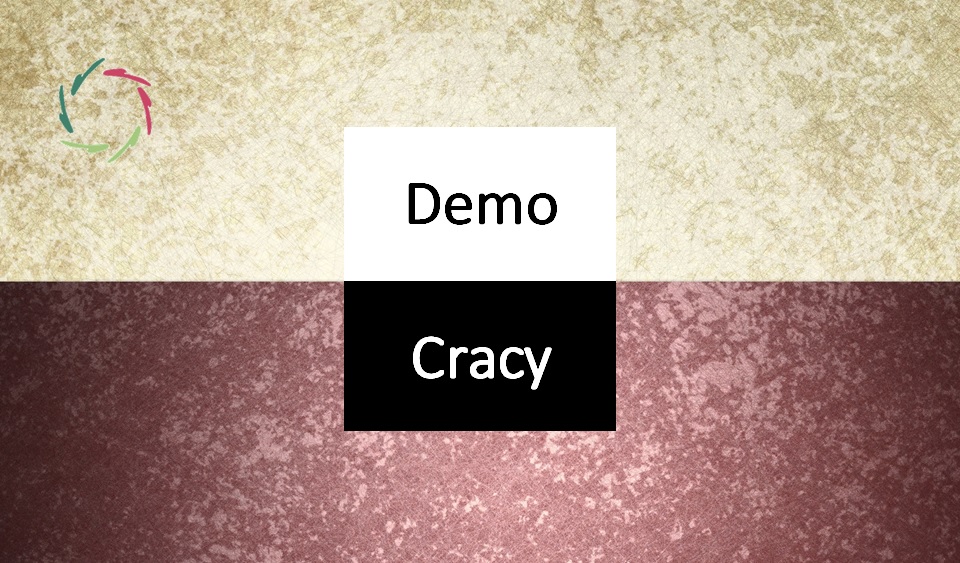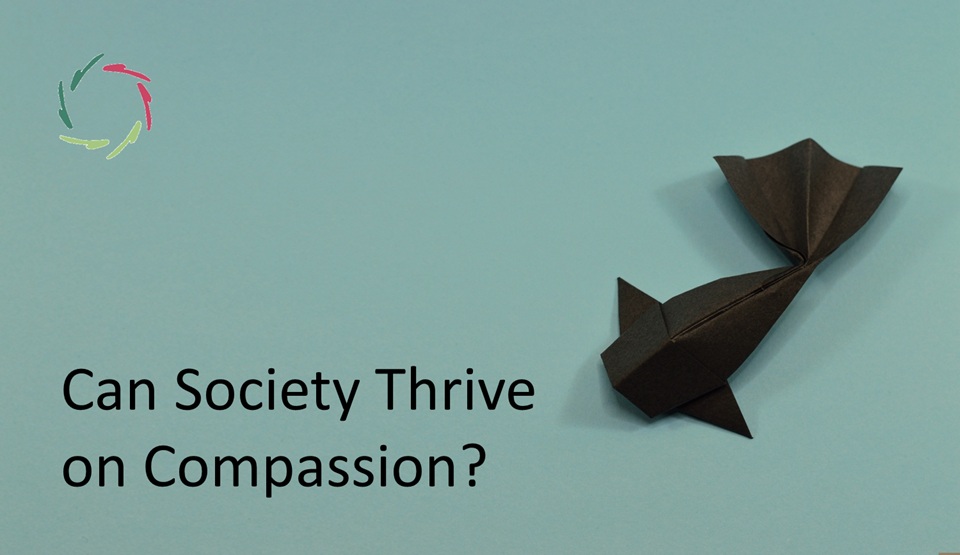Deep Diplomacy

The highest standard in diplomacy leads to welfare for all.
Getting the best deal?
Diplomacy is not a commercial act! Far more than deal-making, deep diplomacy is about making a better world. Thus also understanding what an ethically better world should be. This is about aligning one’s side and ‘the other side’ through common goals, in a combination of rationality and poetry.
The best deal is the one at long term and for all, thus also for oneself.
This contrasts to a me-versus-you kind of diplomacy.
The intention of ‘participatory’ diplomacy: an optimization of real benefits for all parties. Each party participates in the well-being of the other one.
This way, new opportunities can be developed also for one’s own party. Competition becomes cooperation.
If you let yourself be abused, you will be abused.
Therefore, don’t look at the other side as adversarial. In political diplomacy, the pie is never of fixed magnitude, neither in width nor in depth.
Seeing this – and being able to communicate it well – is diplomatic wisdom.
Deep diplomacy is coaching
It’s communication from person to person but also to the people who are represented on both sides. It is also about coaching them.
It’s about listening to total persons, thus not only to wat is said but also to how it is being said. Empathy. Deep diplomacy takes deeper layers into account, finding out the real goals/values of the other party as well as one’s own.
This requires the ability to discern good information from different sources. It also entails taking into account what one absorbs – from individuals and crowds – and bringing that knowledge to next encounters. Last but not least, it entails truly deep coaching.
If treated as total persons, people get really motivated to act. This motivation is not an afterthought but part of the diplomacy itself: through deeply touching individuals and crowds, be it as an orator, speech writer or in written media.
Deep diplomatic persuasion and mutual respect
A good starting point for this is the deeply felt knowledge that we are all human – thus we have much in common. This may require translation between cultures.
If as a diplomat, you show your own depth, you are able to touch the other person, irrespective of culture. Differences in cultural form may then be a source of rapprochement. Showing common humaneness brings the other party to see you as ‘one of them,’ avoiding projections upon you as ‘the other one.’ They and you are ‘us.’ This is one more reason to meet in person.
An ethical side of political diplomacy is to not take advantage of the ‘common enemy syndrome’ in a manipulative way.
Clear talk
Putting one’s position clearly and without offending the relationship is a must. Strangling one’s position into clearness, is a sign of demagogy.
Know what you want to achieve. Then take a step back and look at it again, keeping an eye on what you want to accomplish.
Saving face
‘Saving face’ is important in any diplomacy. It has symbolic meaning. It shows one not to be weak.
Therefore it is also an act of defense. It shows that one wants to ‘be respected’. This should be the explicit goal of saving-face.
Show that you care about how the other can bring any message to his people without losing face.
This is a major issue.
If you together think about how the message can be delivered, you have a big opportunity to grow together and to find creative solutions.
Demagogy and war are the results of a lack of diplomatic depth
Frequently said. Easily said.
Yet this is reason enough for developing deep diplomacy, taking into account non-conscious mental processing. Deep diplomacy is also one of the best possible investments, since preventing one war already leads to a huge positive return.
A lack of diplomatic depth leaves a vaccum that can easily be filled by another’s demagogy. A demagogue is the result of a lack of serious diplomacy. One step further is the appearance of dictatorship.
Unfortunately, even in the 21st century, there are many demagogues and dictators. If one looks at them as the cause of their bad leadership, one misses the responsibility of developing good diplomacy.
A huge responsibility lies there.


